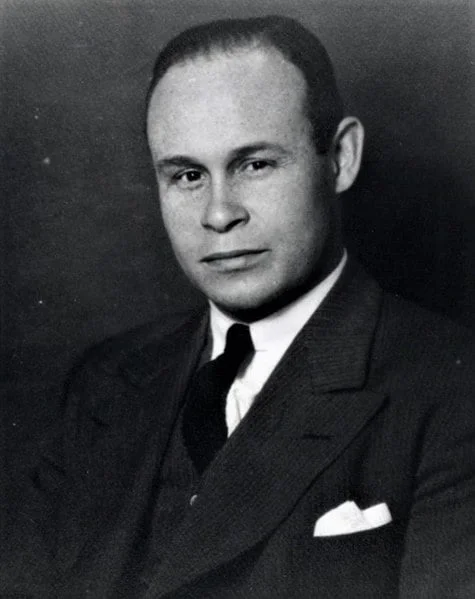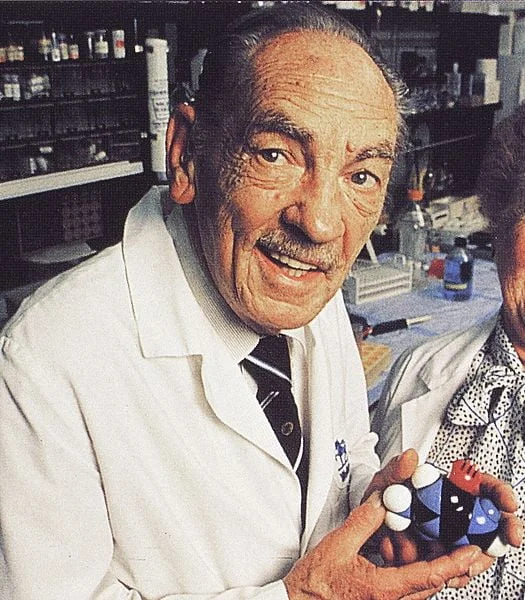Real Celebrities Never Die!
OR
Search For Past Celebrities Whose Birthday You Share

source:wikipedia.org
Charles Richard Drew
Birthday:
03 Jun, 1904
Date of Death:
01 Apr, 1950
Cause of death:
Car accident
Nationality:
American
Famous As:
Doctor
Age at the time of death:
45
Charles Richard Drew's Quote's
Early Life and Education
Charles Richard Drew was a pioneer in the field of medical science and is best known for his contributions to the blood bank system in the United States. Born on June 3, 1904, in Washington D.C., Drew grew up in a family where education was highly valued. His parents believed in the importance of academic excellence and instilled in him the value of hard work and perseverance.
Academic Achievements at Amherst College
Drew went on to attend Amherst College, where he excelled both academically and athletically. He was a star athlete, playing basketball and running track, but he was perhaps most well-known for his skills as a football player. Despite his success on the field, Drew remained focused on his studies. He earned his Bachelor’s degree from Amherst in 1926 and went on to attend medical school at McGill University in Montreal, Canada.
Interest in Blood Transfusions and Medical Career
After completing his medical training, Charles Richard Drew returned to the United States and began working at the Freedmen’s Hospital in Washington D.C. It was during this time that he became interested in the field of blood transfusions. At the time, blood banks were not yet a common practice, and blood transfusions were often a risky procedure due to the limited supply of blood available for transfusion.
Breakthrough Contributions to Blood Transfusion
Charles Richard Drew recognized the need for a more efficient and effective way to collect, process, and store blood. He began conducting research and experiments on blood transfusions and developed a method for separating blood into its components, such as plasma and red blood cells. He also designed a system for storing blood that made it possible to transport and store blood for longer periods of time.
Role as Director of the American Red Cross Blood Bank
Drew’s work in the field of blood transfusions was groundbreaking and had a significant impact on the medical community. In 1940, he was appointed the director of the American Red Cross Blood Bank, a position in which he was responsible for overseeing the collection and distribution of blood and blood products for the United States military during World War II.
Legacy in Medicine and Contributions to Blood Bank Systems
Drew’s contributions to the field of blood transfusions saved countless lives and paved the way for the establishment of modern blood bank systems. He was a true pioneer in the field of medical science and a trailblazer for African Americans in the medical field.
Tragic Death and Loss to the Medical Community
Unfortunately, Drew’s life was cut short when he was killed in a car accident on April 1, 1950. He was driving from Tuskegee, Alabama, to Tuskegee Institute in Georgia with three other passengers when the car crashed. Drew sustained serious injuries and was rushed to a nearby hospital, but he died shortly after arriving. The exact cause of the accident is not clear, but it is believed that Drew may have fallen asleep at the wheel.
Remembering Charles Drew’s Legacy
Drew’s death was a great loss to the medical community, and his passing was felt deeply by the many individuals whose lives he had touched through his work. Today, he is remembered as a true hero in the medical field who dedicated his life to improving the lives of others. His legacy lives on through the countless individuals whose lives have been saved as a result of his pioneering work in the field of blood transfusions.
Name:
Charles Richard Drew
Popular Name:
Charles Richard Drew
Gender:
Male
Cause of Death:
Car accident
Spouse:
Place of Birth:
Washington DC, USA
Place of Death:
Burlington, North Carolina, USA
Occupation / Profession:
Personality Type
Advocate: Quiet and mystical, yet very inspiring and tireless idealists. His dedication was unwavering, and he was willing to face any challenges to pursue his ideals.
Beyond his medical career, Drew was a talented athlete.
Charles R. Drew was the first African American to earn a Doctor of Medical Sciences degree from Columbia University.
During World War II, Drew played a crucial role in establishing and overseeing the first large-scale blood bank project in the United States. He developed techniques for long-term storage of blood plasma and helped train medical staff on how to efficiently collect and process blood for transfusions.
In 1981, the United States Postal Service honored Charles R. Drew by issuing a commemorative stamp featuring his portrait and acknowledging his contributions to the field of medicine.
Rufus T. Brown Memorial Prize (1943)
Spingarn Medal (1952)
These are a few of the awards Charles R Drew received
War Department’s Certificate of Merit (1945)

